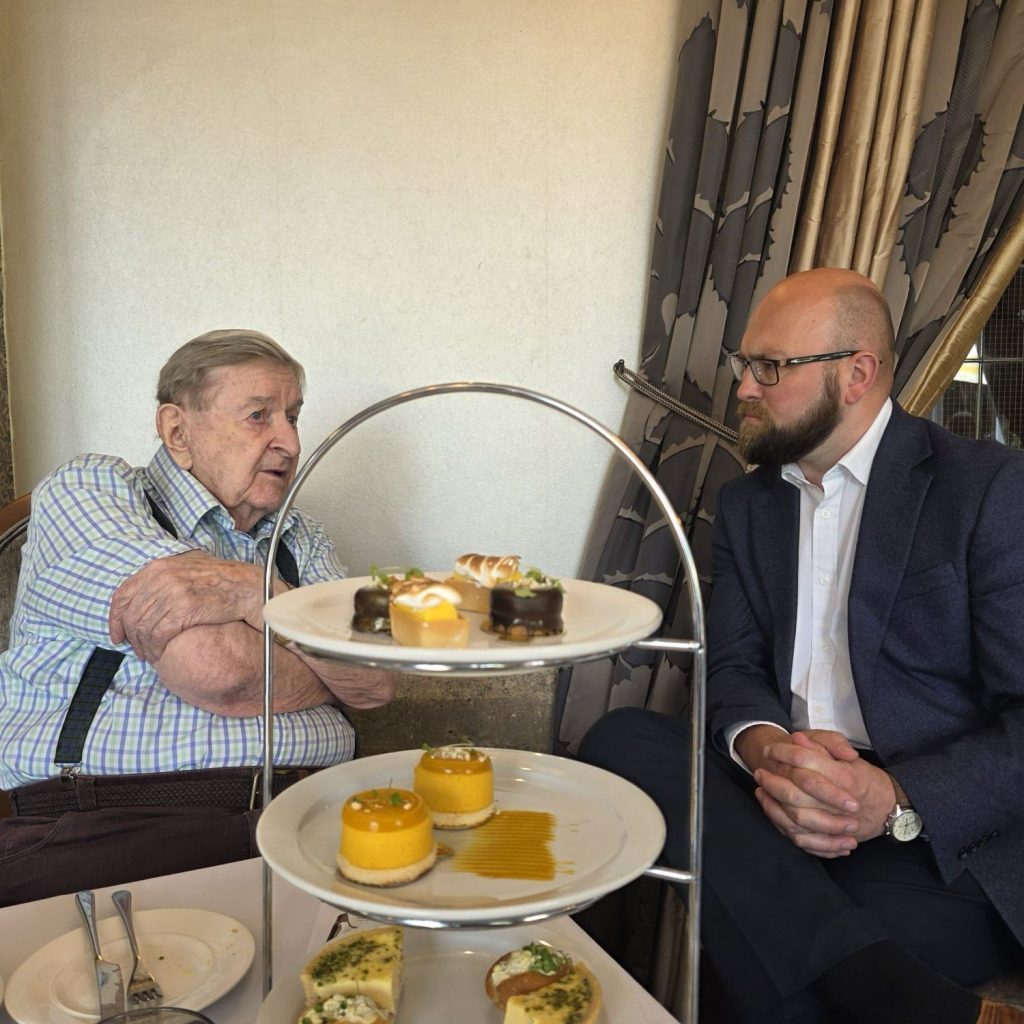Retirement Disrupter or Super-Ager?
What Would You Call Yourself?
The words we use matter. They shape perceptions, challenge assumptions, and sometimes, if we’re fortunate, they ignite revolutions. Recently, I came across two brilliant terms that stopped me in my tracks and made me realise we’re witnessing something extraordinary: a fundamental shift in how society views aging and potential.
The Power of New Language
‘Retirement Disrupter,’ coined by the innovative Zabeen Hirji – and ‘Super-Ager,’ championed by Martha Stewart, aren’t just catchy phrases. They’re battle cries against outdated stereotypes and limiting beliefs about what’s possible as we accumulate years of experience.
These terms perfectly capture something I’ve witnessed throughout my career and lived personally: the extraordinary power that comes from embracing experience rather than dismissing it. They represent a seismic shift from viewing age as decline to recognising it as accumulated wisdom and untapped potential.

Living the Revolution
At 85, I embody what these terms represent. My modelling contracts, corporate consulting work, and published book aren’t achievements despite my age, they’re achievements because of the depth and perspective my mature years have given me.
Each wrinkle tells a story of resilience. Every grey hair signals not obsolescence, but a living library of solutions to problems many haven’t yet encountered. When I signed a five-year modelling contract at 84, I wasn’t trying to prove a point about age. I was simply saying ‘yes’ to an opportunity that excited me.
Why This Language Matters Now
In our rapidly evolving world of work and leadership, we desperately need both fresh perspectives and seasoned wisdom. The combination creates something truly powerful – workplaces where innovation embraces experience rather than replacing it.
The shift towards inclusivity and appreciation of lived wisdom is long overdue.
• Consider this: by 2038, it’s projected that around one in every four people in the UK will be aged 65 and over.
We simply cannot afford to waste this vast resource of talent, experience, and institutional knowledge.
Yet too often, we still encounter the rigid stereotyping that marks people as ‘past their sell-by date’ simply because they’ve reached a certain numerical age. This outdated thinking costs organisations dearly – both in lost wisdom and missed opportunities for mentorship and knowledge transfer.
The Economics of Experience
From a purely practical standpoint, dismissing people based on age makes no business sense. Experienced professionals often bring:
- Emotional intelligence honed over decades
- Problem-solving skills developed through countless challenges
- Networks built over lifetimes of relationship-building
- Institutional memory that prevents costly mistakes
- Mentorship capabilities that accelerate others’ development
Redefining Success at Every Stage
The traditional linear model of life: education, career, retirement is perhaps crumbling. Instead, we’re seeing circular journeys of continuous learning and growth. People are launching second careers, third acts, and entirely new chapters that would have been unimaginable just a generation ago.
My own journey illustrates this perfectly. After a successful corporate career, I founded my consultancy at 50. I’ve continued speaking internationally, facilitating change programmes, and now, at 85, I’m experiencing a renaissance in multiple areas – from modelling to authoring to artistic pursuits I first explored at 18.
The Ripple Effect
This revolution extends far beyond individual achievement. When we challenge age-based limitations, we create permission for others to do the same. Every ‘Retirement Disrupter’ who launches a new venture, every ‘Super-Ager’ who takes on fresh challenges, expands the boundaries of possibility for everyone.
The language itself becomes contagious. When we start calling people ‘wisdom keepers’ instead of ‘over the hill’, when we frame experience as a competitive advantage rather than a liability, we shift entire cultural narratives.
What This Means for the Future
As these terms gain traction, I believe we’ll see:
- More flexible career paths that accommodate multiple reinventions
- Age-diverse teams becoming the norm rather than the exception
- Mentorship programmes that value bilateral learning
- Investment in training and development regardless of age
- Recognition that innovation often comes from the intersection of fresh thinking and deep experience
Your Role in the Revolution
Whether you’re 25 or 85, you have a role to play in this language revolution. Challenge age-based assumptions when you encounter them. Celebrate the achievements of people at all life stages. Most importantly, refuse to let anyone – including yourself – be limited by the number of candles on their or your birthday cake.
The Choice Is Ours
Age is biographical data, not a crystal ball predicting our future. It records where we’ve been, not where we’re going. When we embrace terms like ‘Retirement Disrupter’ and ‘Super-Ager,’ we’re not just changing language – we’re changing lives.
The revolution is here, and it’s being led by people who refuse to accept that their best days are behind them. They’re proving daily that potential doesn’t have an expiration date and that the most exciting chapters often begin when conventional wisdom says the story should be ending.
So I ask you: in this age of possibility, what will you call yourself? And more importantly, what will you create next?



